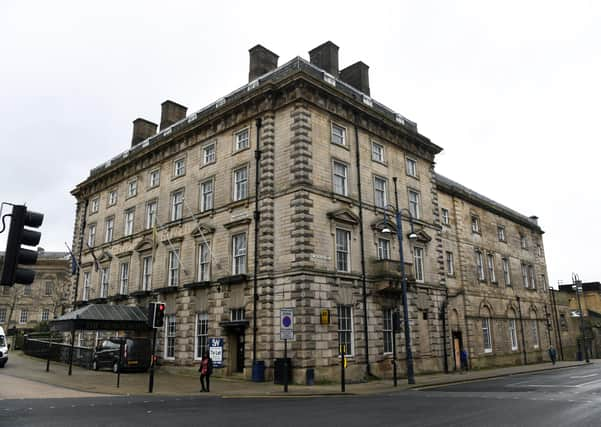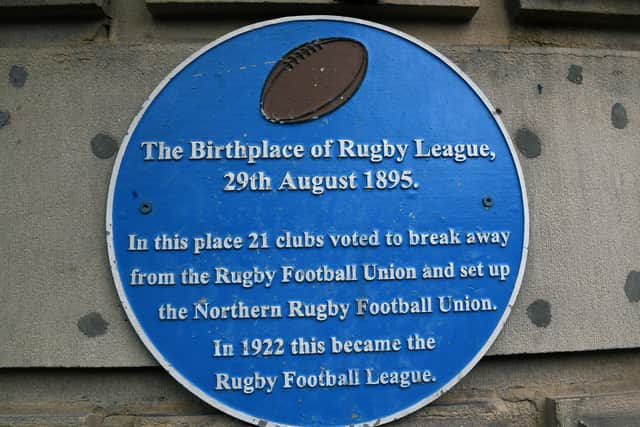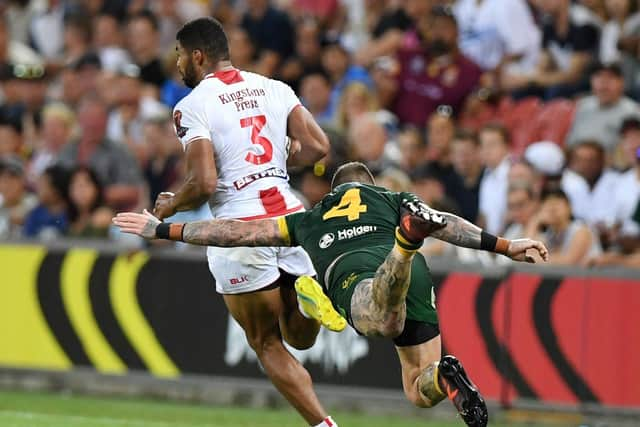Air-brushing rugby league history is becoming a depressing trend – Peter Smith


On that day representatives of 22 clubs met at the George Hotel in Huddersfield and agreed to form their own Northern Rugby Football Union, breaking away from the established Rugby Football Union.
This year, therefore, is the 125th anniversary of the game, which has been known since 1922 as rugby league.
Advertisement
Hide AdAdvertisement
Hide AdUnfortunately, as far as some in the code are concerned, nothing much of note seems to have happened between that meeting in Huddersfield and 1996 when Super League began.


The Rugby Football League (RFL) is in the process of celebrating this year’s milestone.
Through its website, the governing body is asking fans to vote in eight polls, to decide the sport’s greatest player, team, coach and so on, each from a shortlist of five.
Apparently, the shortlists have been drawn up by a 125-strong ‘super fans panel’, including 85 men and 40 women, aged from 16 to 90 and supporting 35 different clubs, both professional and amateur.
Advertisement
Hide AdAdvertisement
Hide AdYet, the polls virtually ignore most of rugby league’s heritage. Take the shortlist for greatest coach, which includes Malcolm Reilly, Brian McDermott, Shaun Wane, John Kear and Wayne Bennett.


Four of those have coached in Super League and the exception, Bennett, is a current NRL team boss and was in charge of England/Great Britain until last autumn.
Many clubs didn’t have a specific coach until the 1960s onwards, but the list ignores, for instance, the legendary Roy Francis, one of the most influential figures in the post-war game. Francis built a formidable team at Hull before turning Leeds into the most exciting side in the country in the 1960s and early ’70s, then having successful spells with North Sydney and Bradford Northern.
He was years ahead of his time and, in many ways, the father of modern coaching.
Advertisement
Hide AdAdvertisement
Hide AdIt would be interesting to know how many of the ‘super fans’ have even heard of Roy Francis. The poll for greatest team is even more ridiculous, the options being Wigan 1994-95, Bradford Bulls 2003, St Helens 2006 and 2019 and Leeds Rhinos 2015.
All good teams, but surely Albert Goldthorpe’s 1907-8 Hunslet’s side – the first to win All Four Cups – is worth a mention, as is the Huddersfield Team of all Talents who repeated the feat in 1914-15 – among many others. Player-wise, the sport’s greatest try scorer, Brian Bevan, gets a nod, as does Clive Sullivan, alongside Wally Lewis, Ellery Hanley and – shock – only one Super League star, Kevin Sinfield.
But, really – no Harold Wagstaff, Jim Sullivan, Alex Murphy, Roger Millward, Neil Fox?
The current vote is to decide the greatest Ashes moment, but three of the options don’t actually qualify. The ankle tap on Kallum Watkins in the 2017 World Cup final and England’s victory in the 1995 tournament – which was a group match, the situation being reversed in the decider – were not part of a Test series.